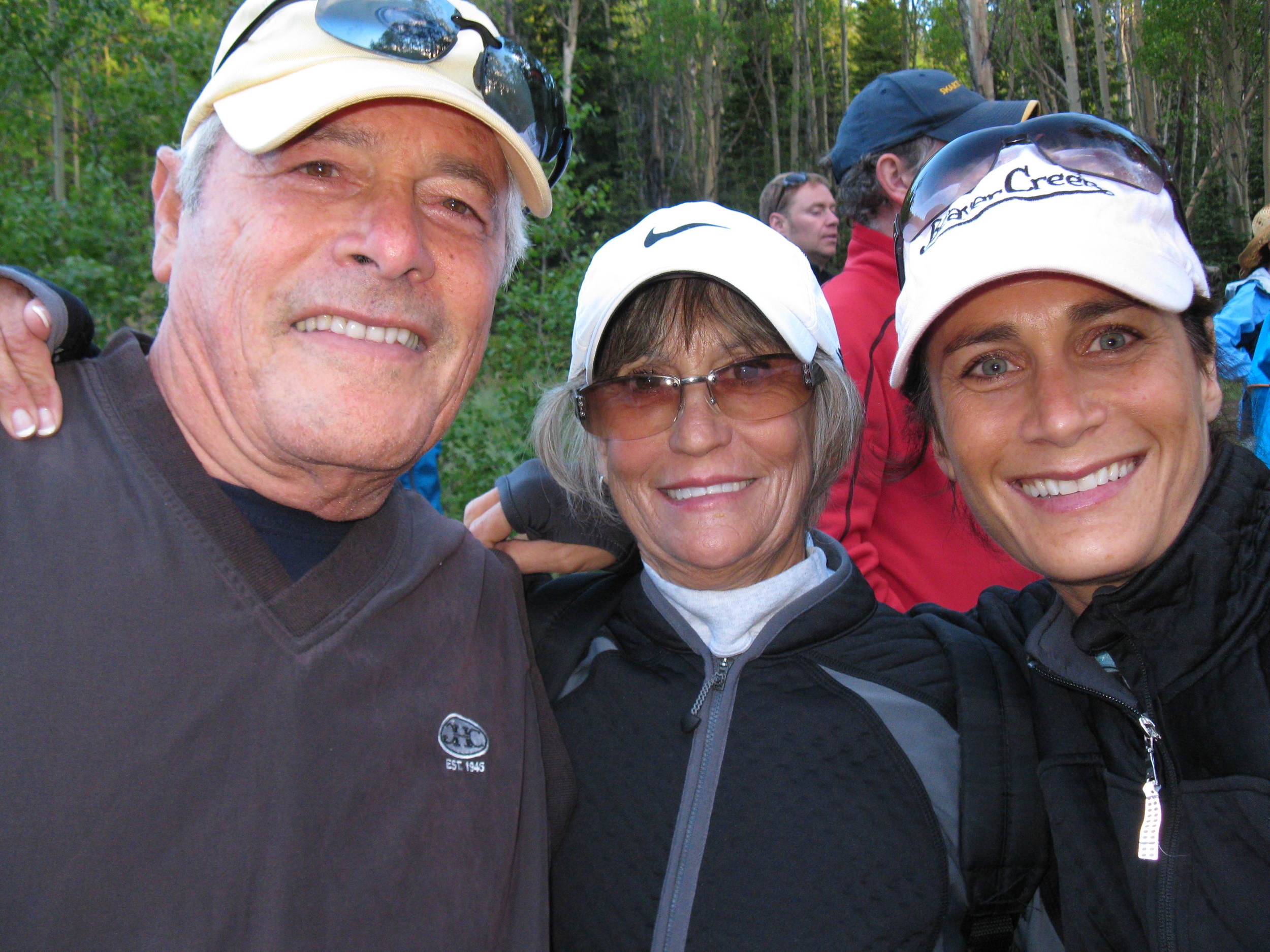Upon walking into Temple Israel to volunteer at the Jewish Family and Children’s Service Healthy Youth-Healthy Communities Annual Conference in Minneapolis a few weeks ago, I ran into to JFCS’s Executive Director, Judy Halper, and we began talking about different aspects of parenting. We landed on the subject of parenting as a form of caretaking and she explained how the cycle of caretaking continues for the rest of your life. “I went straight from caring for my children to caring for my parents,” Judy explained. “It’s a continuation of the caretaking role. And you are never done caring for your children.”
Agreed. I am most definitely not done parenting my college freshman daughter. Through texts, facetime and phone calls, I am still advising her on her finances, relationships, class schedules, health concerns, and keep an up-to-date pulse on her overall wellbeing. I make myself available to listen to her and try to figure out the difference between what she really needs from me and what she wants, and how to best support her from afar. The out-of-sight-out-of-mind theory does not apply to mothers and their children. My daughter is in my thoughts every day. When she has a bad day, my heart feels the same kind of ache it did when she had a bad day at home, and sometimes it’s more difficult because I can’t hug her or look into her eyes to see what she is not telling me over the phone. However, it has been a tremendous growing experience for both of us to learn that she is very resilient and highly capable of taking care of herself on her own—thank goodness.
As for my parents, I have difficult time imagining them any different than the young, hip, active couple that they have been throughout my life. I am grateful every day that they are healthy, thriving and completely self-sufficient (I actually feel like they run circles around me sometimes). I do, however, have many friends who are in caretaking roles with their parents while raising kids in their home, and I see how very difficult it can be.
A close friend of mine, who has two teenagers, has been caretaking for her parents since she was 15 (her mom is legally blind and her dad has hearing issues with his hearing). When explaining how she manages parenting her children and simultaneously caring for her parents, she says it is an ongoing challenge, “It is a lot about balancing the different worries and balancing the needs of both. I want my kids to be safe and supervised, and I want to be present for their teenage challenges; and yet the worry about my parents is more anxiety-fueled. I worry about them waking up every morning, about them driving, falling, managing their meds, and their ability to care for themselves and each other.”
On the flip side, my friend reveals that as tough as this juggling act can be, there are also rewards in this two-fold caregiving process, “Caring for my parents has provided a wonderful example for my kids. In seeing me take care of my mom and dad, my kids have developed a sensitivity for my parents, and demonstrate their caring nature toward them and toward me. As I age, I realize and appreciate how my much parents have done for me and I am grateful that I can care for them in the way that no outsider could.”
I witnessed my husband care for his father in this way as he fought a five-year battle with pancreatic cancer for longer than we all thought possible. As challenging as it was for my husband to balance his responsibilities to his immediate family and work, with his quest to care for his father, he demonstrated that it is possible to make it work. Just as we feel the need to care for our children, most of us also feel a desire or duty to care for, or at least coordinate care for our parents when they lose the ability to care for themselves.
For now, I appreciate the fact that my parents are strong and independent, and that our relationship is still focused on spending quality together and having fun. I am embracing these times because I do know they can’t last forever, and if and when my parents need me to care for them, as will always be the case with my children, I will be there.

